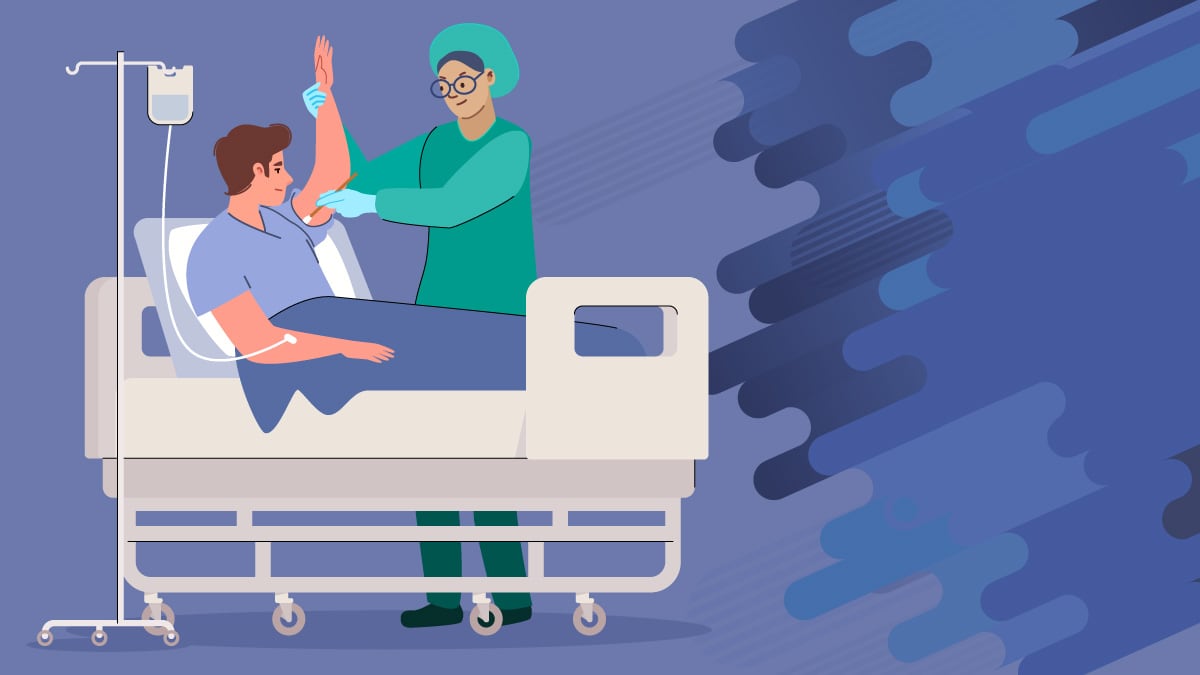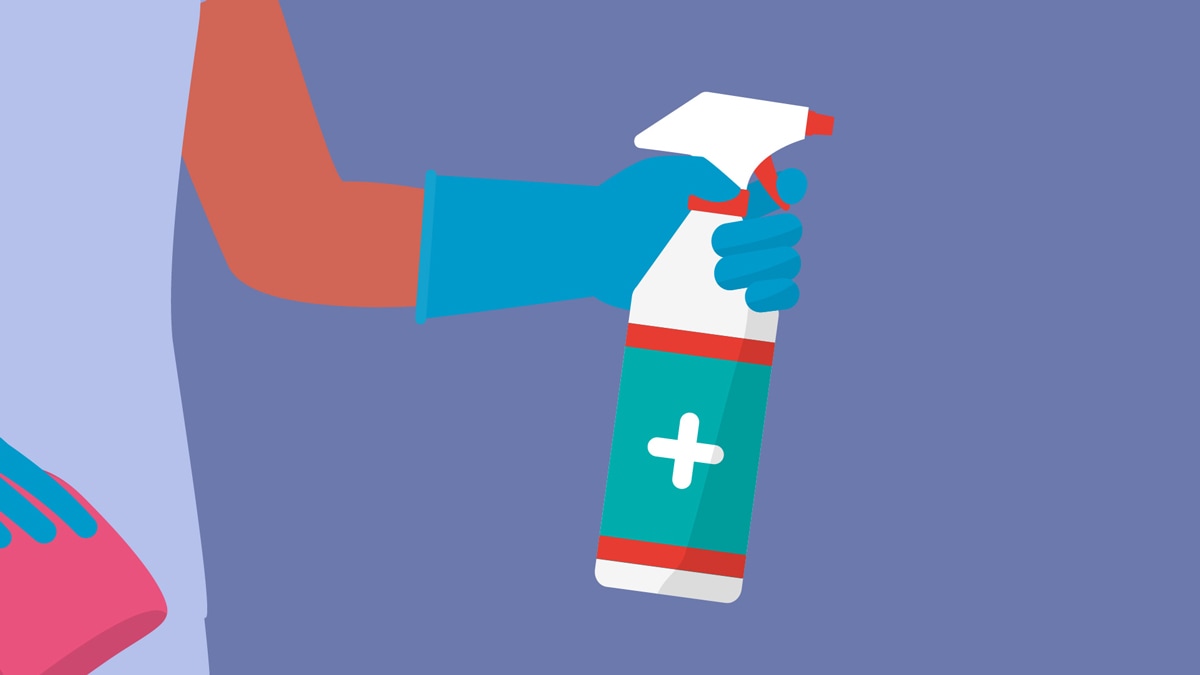What to know
- Patients who don't have symptoms can have Candida auris (C. auris) on their skin and spread it to other patients.
- Healthcare facilities screen patients for C. auris to stop it from spreading.
- Healthcare providers usually screen for C. auris by swabbing skin in the armpits or groins.

Colonization and spread
Candida auris (C. auris) spreads easily in healthcare settings. Some patients can get severe, even life-threatening, infections from C. auris. Meanwhile, other patients can have C. auris without having symptoms. This is called colonization.
Like patients who are sick with C. auris, patients who are colonized can spread C. auris on objects and surfaces where it can survive a long time. Other patients that come in contact with these objects and surfaces can become infected with C. auris.
Recommendations for healthcare facilities
Importance of screening
Screening patients for C. auris is an important way to prevent or stop outbreaks in healthcare facilities and keep patients safe. Screening identifies patients with C. auris so that special precautions can be taken to prevent spread.
Patients who are colonized with C. auris may not know it because they do not have any symptoms. Screening is how healthcare providers and patients can know whether a patient is colonized and able to spread C. auris.
Healthcare providers may screen patients who might have been exposed to C. auris in a healthcare facility. This may include healthcare stays in units, facilities, or regions with C. auris cases or outbreaks.
Screening results for C. auris are used to help guide infection prevention and control strategies in healthcare facilities.
How screening works
Screening for C. auris is painless and there are no risks to the patient. Usually, a healthcare provider screens for C. auris by collecting skin swabs from the armpits and groins. The swabs are sent to a laboratory for testing.
What a positive result means
Positive results mean the patient is colonized, or C. auris was found on their skin. Even though C. auris may not be making the patient sick, they can spread it to other patients.
Healthcare providers take special steps to prevent the spread of C. auris from patients who are colonized or infected with it. They may ensure the patient has a separate room, clean the room with special disinfectant products, and wear gloves and gowns.

Colonized patients who do not have any symptoms should not be treated for C. auris and do not need to be retested.
What patients and family members can do
Patients, family members, and visitors should frequently use alcohol-based hand sanitizer (ABHS) or wash their hands soap and water. ABHS is preferred when possible. While the patient is in a healthcare facility, visitors should clean their hands before entering and after leaving the patient's room.
C. auris typically only causes infections in hospitalized patients and usually those receiving acute care. It is highly unlikely that a healthy family member can get infected.
After discharge
People can carry C. auris for a long time even if they never have symptoms or if they were sick and recovered. Patients should continue to frequently use ABHS and wash their hands.
It is important to inform healthcare providers about previous positive screening results before going to another healthcare facility or doctor's office.
